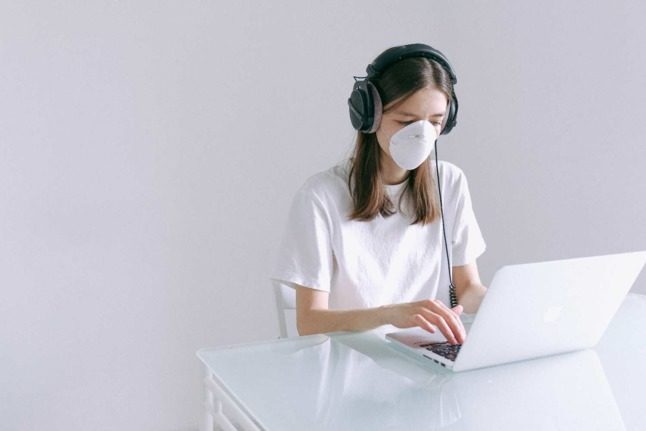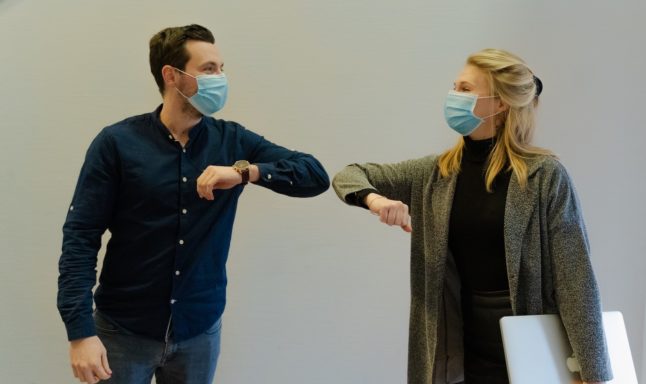On Wednesday June 23rd, the Swiss government announced that a widespread array of Covid restrictions would be relaxed from June 26th.
‘Quite brave’: Switzerland goes further than expected in new easing of Covid rules
This includes rules for shops, leisure activities, restaurants and nightclubs.
Working from home will no longer be mandatory, although the government still recommends it wherever possible.
Mask rules will also be significantly relaxed in outdoor areas and in some indoor areas.
From June 26th, masks will no longer be required outdoors in bus stops, train stations, leisure facilities, on ship decks and on chair lifts.
In addition, masks will also no longer be required in the workplace, with employers free to decide whether masks should be worn or not based on employers’ duty to ensure their staff are sufficiently protected against the virus.
According to the official government regulation: “Employers still have a duty to ensure that staff are protected, but are free to decide where and when masks should be worn.”
However, mask rules will remain in place where staff or state officials interact with customers or members of the public indoors, i.e. in supermarkets, retail outlets, banks and restaurants.
Staff do not need to wear masks outdoors.
The requirement of a mask indoors will change however if a venue or event organiser ensures everyone in attendance has a valid Covid health certificate.
If so, masks do not need to be worn – even by staff (provided of course they also have Covid certificates).
At a federal level masks will also no longer be required in grammar schools, technical secondary schools and vocational schools.
However, the Federal Council indicated that some cantons may continue the existing mask rules in educational institutions.
The changes are a result of improvements in the epidemiological situation, with Covid infection rates falling dramatically across Switzerland in recent weeks.
For more information on the specific rules for masks and where they must be worn, please click here for official government rules.



 Please whitelist us to continue reading.
Please whitelist us to continue reading.
Member comments